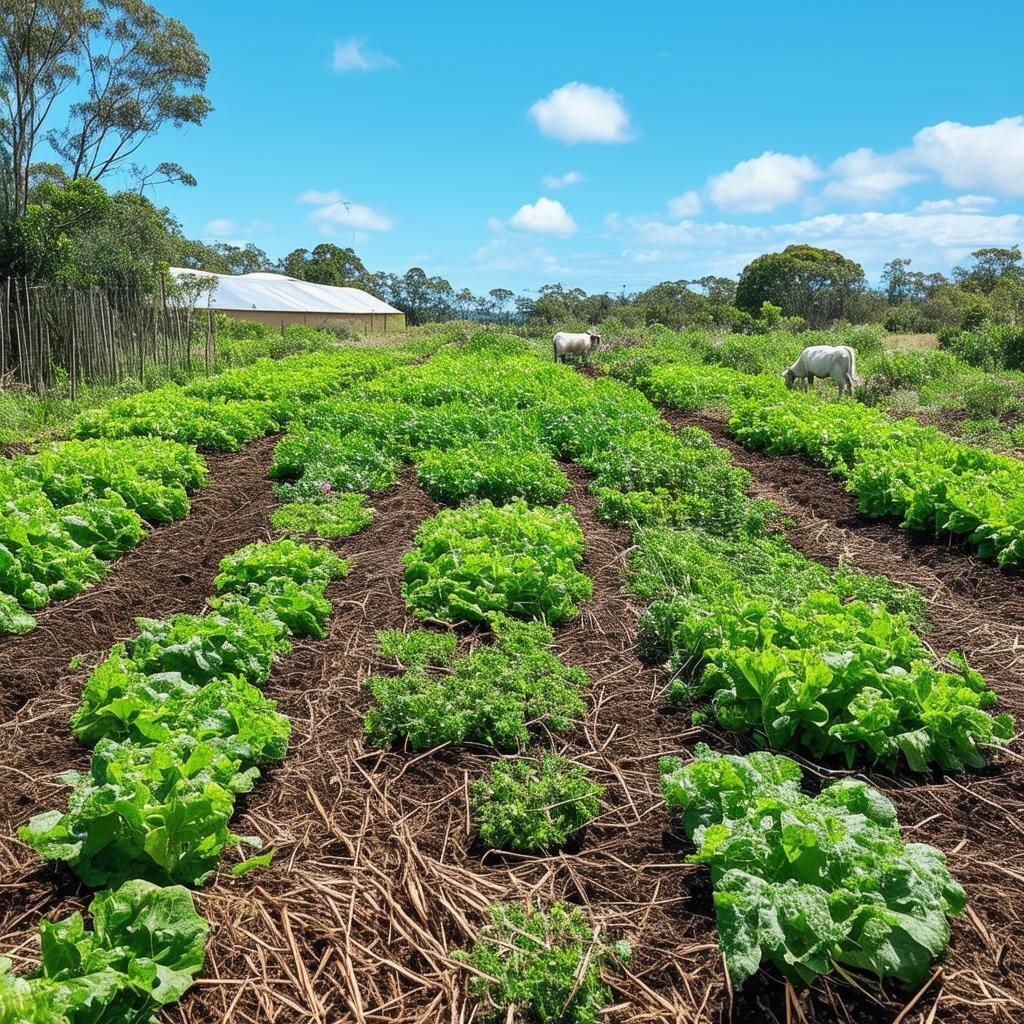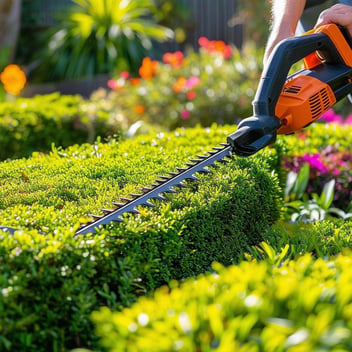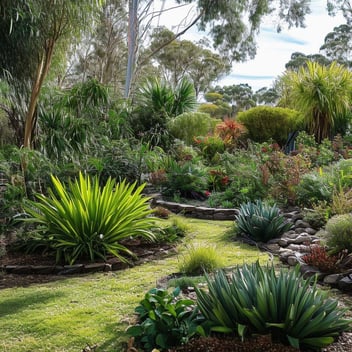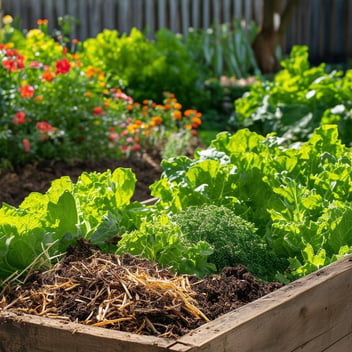Weed Control Strategies for Organic Gardeners in South East Queensland
Cultivating an organic garden in South East Queensland (SEQ) presents unique challenges, particularly in managing persistent weeds. The region's subtropical climate fosters rapid plant growth, necessitating effective, eco-friendly weed control methods. Embracing organic principles not only safeguards the environment but also enhances soil vitality and plant health.
Soil Health and Fertility
A robust, nutrient-rich soil forms the foundation of weed suppression. Healthy soils support vigorous crop growth, which can outcompete weeds. Incorporating compost and green manures enriches the soil, improving its structure and fertility. Green manures, such as legumes, are particularly beneficial; they fix nitrogen and, when turned into the soil, add organic matter, creating an inhospitable environment for weed seeds.
Mulching Techniques
Applying organic mulch is a time-honored strategy to deter weed emergence. Materials like straw, wood chips, or leaf litter are ideal for SEQ's climate. A mulch layer of approximately 5-10 centimeters blocks sunlight, inhibiting weed germination, while also conserving soil moisture and regulating temperature. As the mulch decomposes, it further enriches the soil, fostering a thriving garden ecosystem.
Manual Weed Removal
Hand weeding remains an effective and immediate method for managing weeds, especially in smaller garden plots. Utilizing tools such as hoes or specialized weed pullers can facilitate the removal process. It's crucial to extract the entire root system to prevent regrowth. Regular weeding sessions, particularly after rainfall when the soil is moist, can keep weed populations under control.
Cover Cropping
Employing cover crops is a proactive approach to weed suppression. Species like clover or rye can be sown during fallow periods; they establish quickly, creating a dense canopy that outcompetes weeds. Upon maturity, these cover crops can be mowed and incorporated into the soil as green manure, providing additional organic matter and nutrients.
Biological Control Methods
Integrating biological controls offers a sustainable avenue for weed management. Beneficial insects and microorganisms can target specific weed species, reducing their prevalence without harming desired plants. For instance, certain fungal pathogens have been utilized to manage invasive weeds effectively. Additionally, controlled grazing by livestock, such as goats, can help manage weed growth in larger areas, though this requires careful planning to avoid damage to desirable vegetation.
Solarization and Occultation
Harnessing solar energy through soil solarization involves covering moist soil with clear plastic tarps during the hottest months. This process elevates soil temperatures to levels that kill weed seeds and pathogens. Occultation, on the other hand, uses opaque tarps to block sunlight, causing weeds to germinate and die due to lack of light. Both methods are effective in reducing weed seed banks in the soil.
Preventative Cultural Practices
Implementing cultural practices can significantly reduce weed pressure. Crop rotation disrupts weed life cycles by varying planting schedules and types. Proper plant spacing ensures a closed canopy, minimizing space for weeds to establish. Designing garden beds with defined borders and pathways can also help prevent weed encroachment.
By adopting these organic weed control strategies, gardeners in South East Queensland can cultivate thriving, resilient gardens that harmonize with the natural environment. Consistent application and integration of these methods will lead to sustainable weed management and a bountiful harvest.




